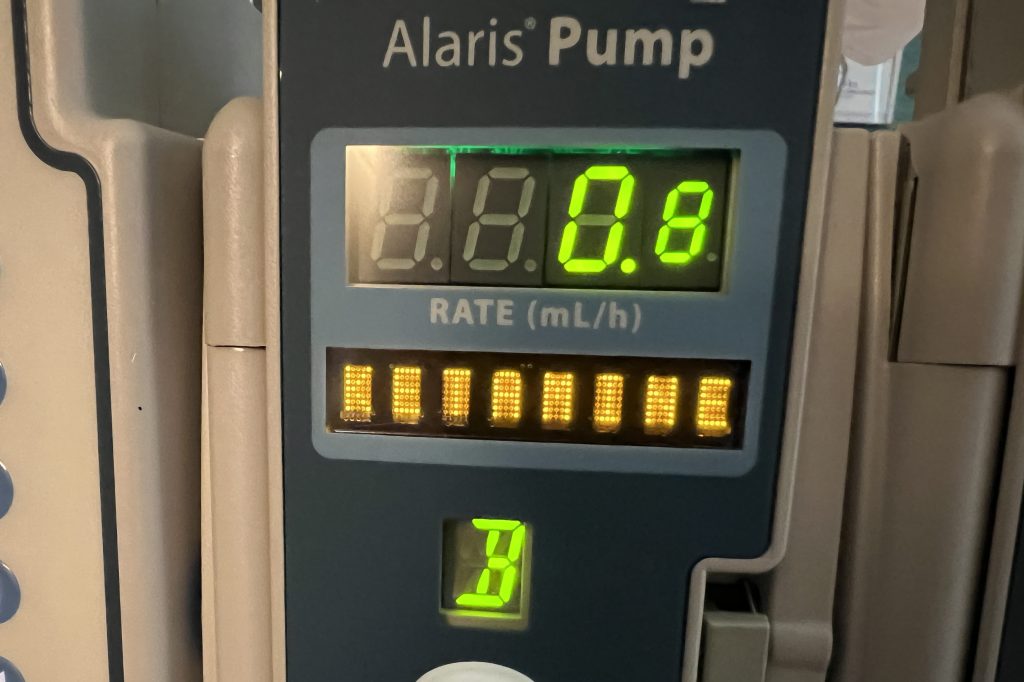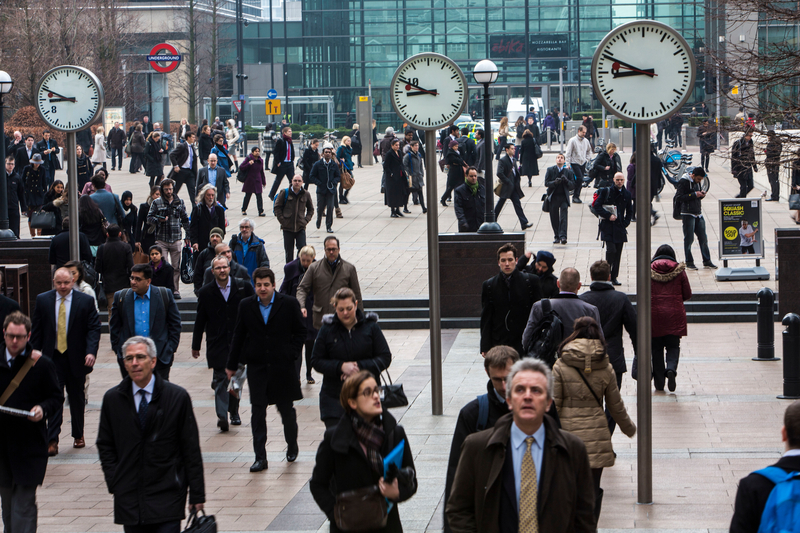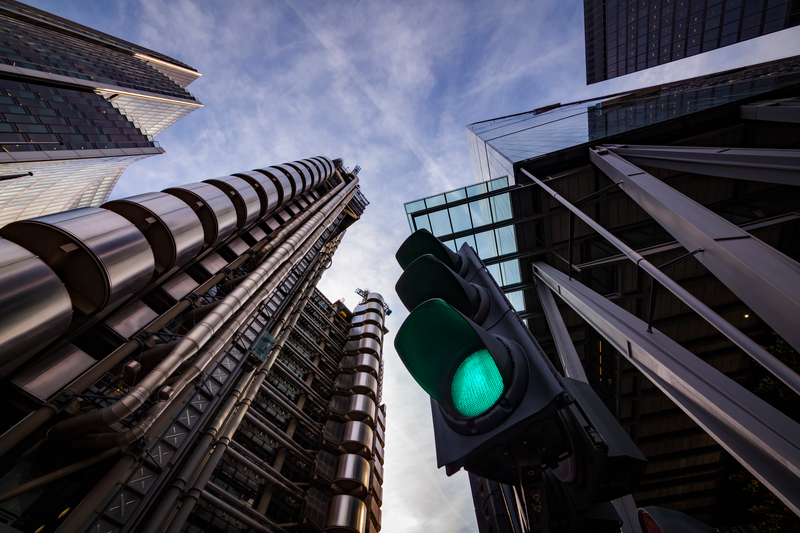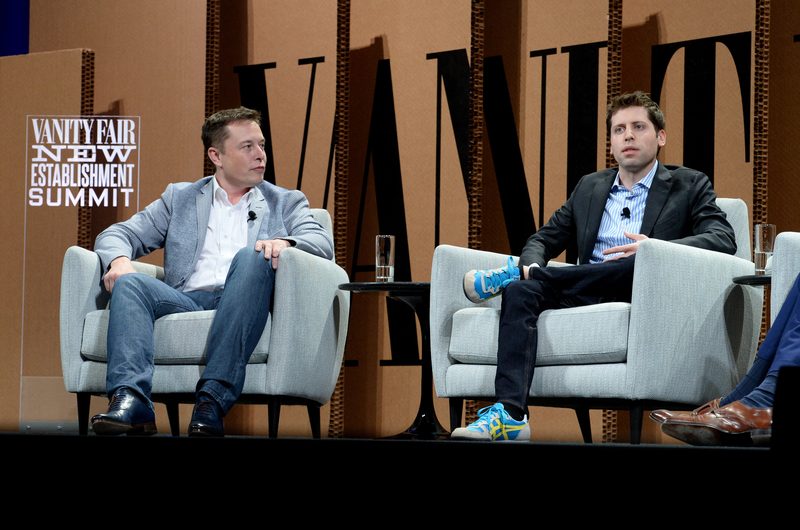Indian regulators are to enforce a new set of standards aimed at curbing fake reviews on e-commerce sites. The new standard, IS 19000:2022, has been created by the Department of Consumer Affairs and will be managed by the Bureau of Indian Standards (BIS).
India’s e-commerce sphere has been described as “overrun” with fake and misleading reviews, particularly on sites offering tour and travel services, restaurants and consumer durables. Sites will be required at first to voluntarily moderate but, if this proves unsuccessful in stemming the tide, mandatory measures will be introduced. The new guidelines come into force on November 25.
The guidelines means platforms must set up administrators to moderate reviews, either manually or with the aid of automated tools. Consumers will not be allowed to edit their reviews or use foul language, and will be required to verify their identity against email addresses, telephone numbers, IP addresses or Captcha systems. The guidelines will also apply to third-party reviews.
Struggling with fake reviews
“All the countries where e-commerce is getting more and more prevalent and popular, they are all struggling with [online fake reviews]. Some are making rules, some are making a legal provision. But I think we are the first country, and I qualify that statement subject to my knowledge, which is working at [the] standard, and we will take the standards route. We don’t want to bulldoze the industry… We will first seek voluntary compliance and then if the menace continues to grow, we will maybe make it mandatory in the future,” said Rohit Kumar Singh, Consumer Affairs Secretary.
While the actions platforms are required to take are not mandatory, Singh pointed out that failure to enforce standards could still lead to statutory punishment. If fake or misleading reviews mean “they are indulging into a practice, which can then be termed as an unfair trading practice, then under the provisions of the Consumer Protection Act that deals with unfair trading practice or a consumer court can take penal action,” he said.
The department said that Tata Sons, Amazon, Flipkart, Reliance Retail, Zepto, Blinkit, Google, Meta, Swiggy, Zomato and Meesho had all been involved in discussions. None have made any comment.
Consumer protection
Amazon has previously said “We need coordinated assistance from consumer protection regulators around the world” in order to tackle the proliferation of fake reviews. But the company has also lobbied forcefully against legislation, such as the US INFORM act, that sought to improve transparency and improve consumer protections. And observers have questioned why Amazon in particular needs any legislative help when it so completely controls it own ecosystem.
Regulators in other jurisdictions, including the Federal Trade Commission in the US and the Competition and Markets Authority in the UK are also looking at what action can be taken to limit misleading online reviews.
To illustrate the scale of the problem, Amazon told CNBC that it “analyzes over 10 million review submissions weekly”. That adds up to more than 520 million a year, a figure that puts the 200 million “suspected fake reviews” Amazon says it blocked in 2020 into perspective.












